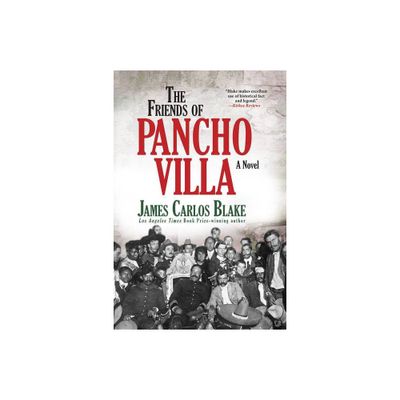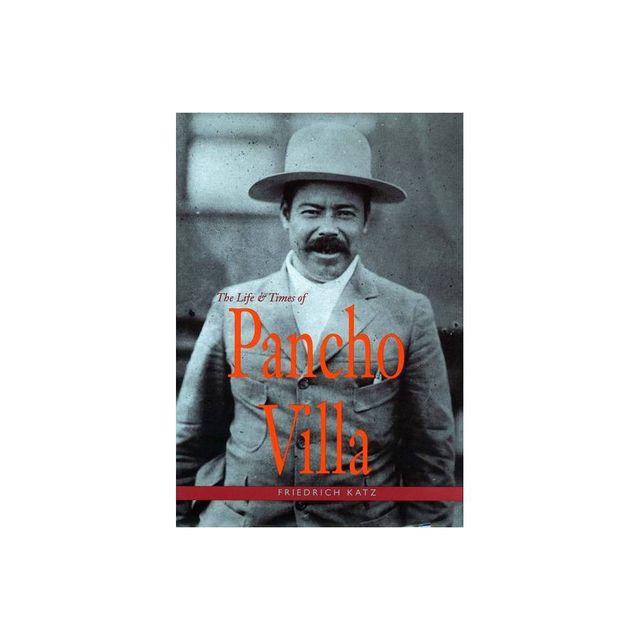Home
Raid and Reconciliation: Pancho Villa, Modernization, Violence the U.S.-Mexico Borderlands
Loading Inventory...
Barnes and Noble
Raid and Reconciliation: Pancho Villa, Modernization, Violence the U.S.-Mexico Borderlands
Current price: $65.00


Barnes and Noble
Raid and Reconciliation: Pancho Villa, Modernization, Violence the U.S.-Mexico Borderlands
Current price: $65.00
Loading Inventory...
Size: Hardcover
*Product Information may vary - to confirm product availability, pricing, and additional information please contact Barnes and Noble
Around the turn of the twentieth century, the formation of the U.S.-Mexico border through the rise of capitalism brought new forms of violence, this time codified in law, land surveys, and capitalist land and resource regimes--the markers of modernity and progress that were the hallmarks of Gilded Age America and Porfirian Mexico. Military units, settlers, and boosters dispossessed Southern Apache peoples of their homelands and attempted to erase the histories of Mexican colonists in the Lower Mimbres Valley region. As a result, people of multiple racial and national identities came together to forge new border communities. In
Raid and Reconciliation
Brandon Morgan examines the story of Pancho Villa's 1916 raid on Columbus, New Mexico--an event that has been referenced in various histories of the border and the Mexican Revolution but not contextualized on its own--and shows that violence was integral to the modern capitalist development that shaped the border.
provides new insights into the Mexican Revolution and sheds light on the connections between violence and modernization. Lessons from this border story resonate in today's debates over migration, race, and what it means to be an American.
Raid and Reconciliation
Brandon Morgan examines the story of Pancho Villa's 1916 raid on Columbus, New Mexico--an event that has been referenced in various histories of the border and the Mexican Revolution but not contextualized on its own--and shows that violence was integral to the modern capitalist development that shaped the border.
provides new insights into the Mexican Revolution and sheds light on the connections between violence and modernization. Lessons from this border story resonate in today's debates over migration, race, and what it means to be an American.


















